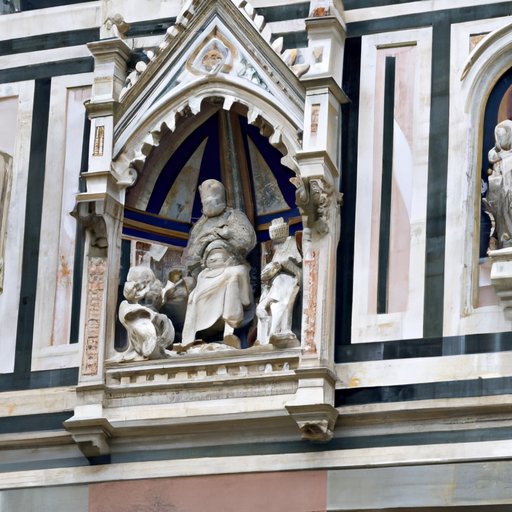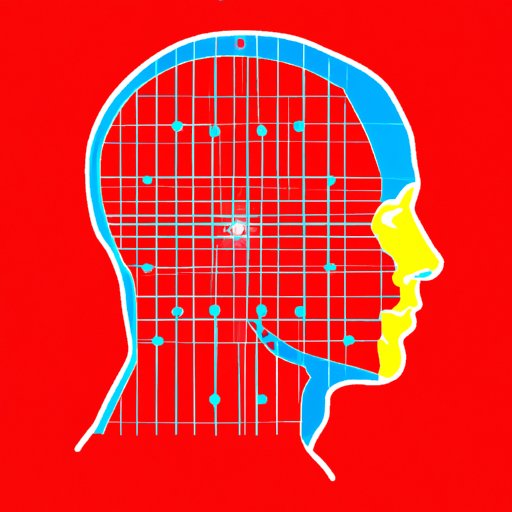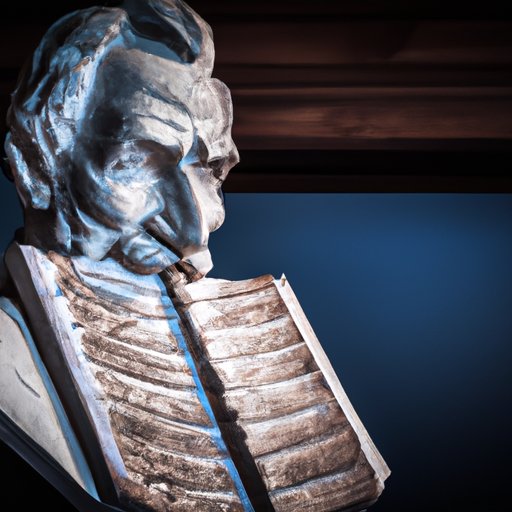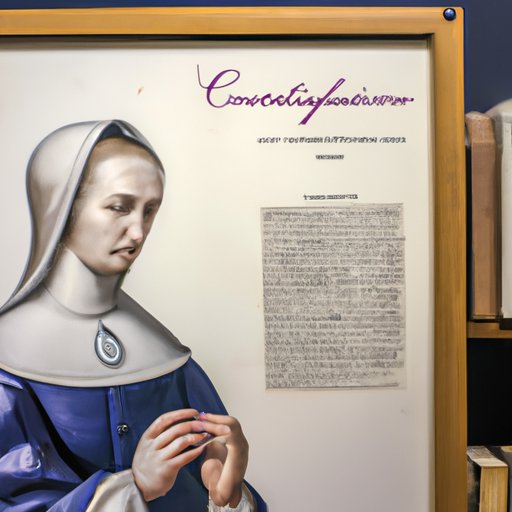Discover the rich cultural, political, and economic climate of Italy that gave rise to one of the most significant cultural revolutions in human history: the Renaissance. Explore how factors such as patronage, classical antiquity, and the interconnection between art, science, and humanism paved the way for a new era of thinking and creativity in Italy during the 14th-16th centuries.
The Philosophy of Humanism: Understanding Its Values and Principles
This article explores the philosophy of humanism and its importance in contemporary times. We discuss the definition of humanism, its historical roots, and its role in shaping societies throughout history. We also highlight how humanism differs from religious beliefs and present real-world examples. The article concludes with a reflection on how humanism can provide a guidepost for difficult problems and how it reflects in the arts.
The Spark that Ignited the Renaissance: Exploring the Historical, Intellectual, and Cultural Factors that Led to its Emergence
Explore the historical, intellectual, and cultural factors that led to the Renaissance, such as the decline of feudalism, the rise of city-states, and the rediscovery of classical texts. Discover how art, science, and religion combined to create a revolution in human knowledge and creativity, and how the legacy of the Renaissance continues to shape our world today.
The Impact of Humanist Ideas on Renaissance Society
The article explores the top six humanist ideas that had profound impacts on Renaissance society, how they influenced various aspects of society and how they led to the Scientific Revolution. The article also examines the connection between Renaissance Art and Humanist Philosophy, Renaissance Humanism and Education, the influence of Petrarch on Renaissance Humanism, and the role of women in the humanist movement.



